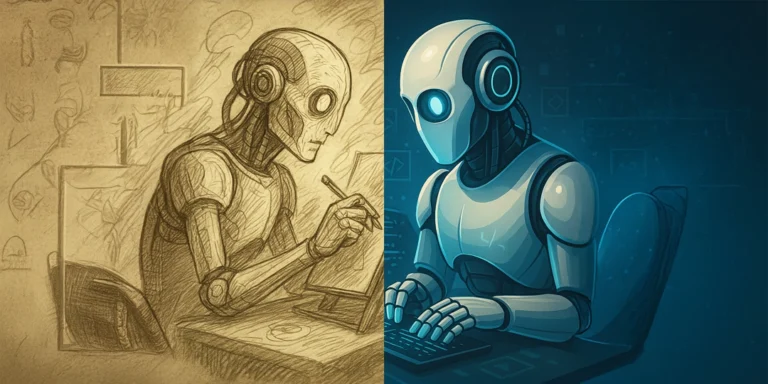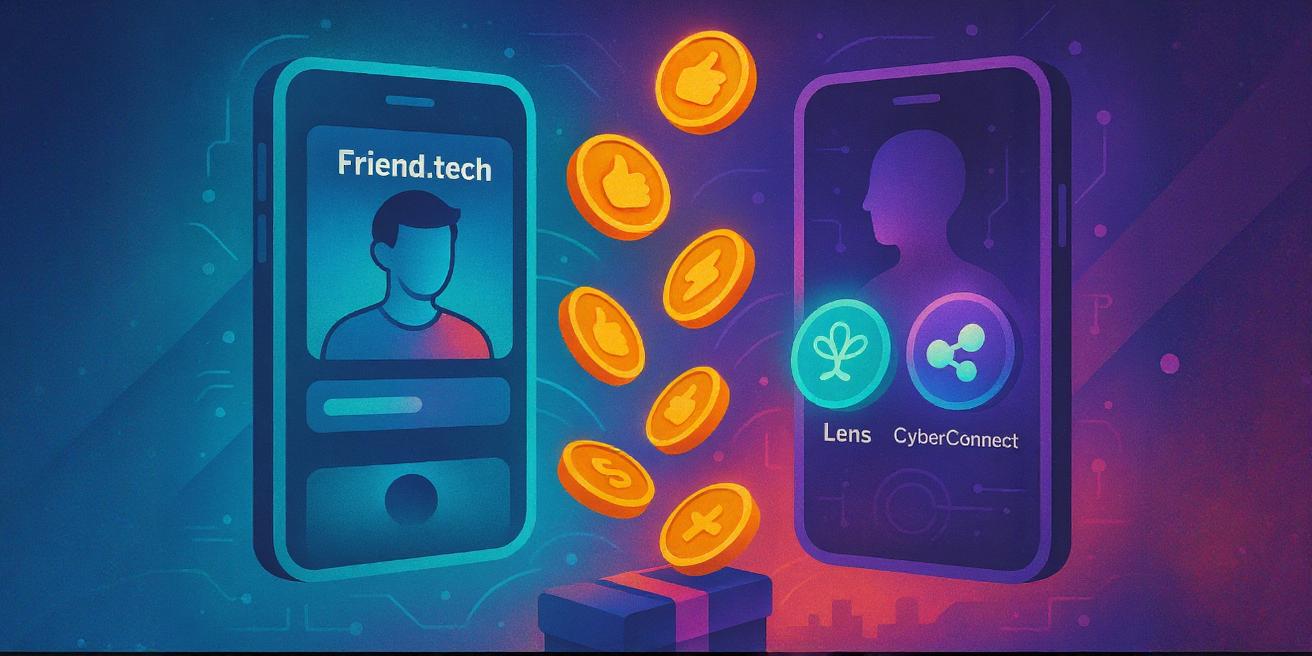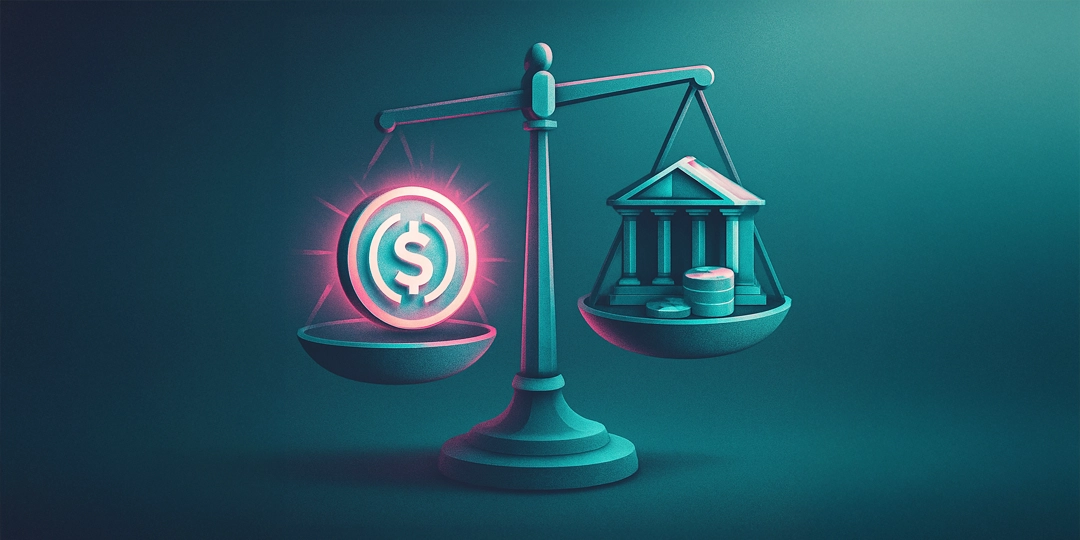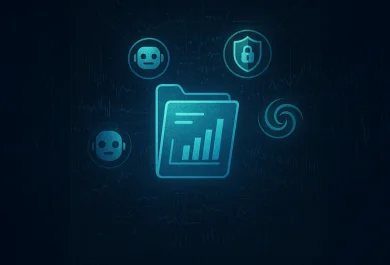Not long ago, it was merely an imaginary concept. Then, that imagination began to evolve into reality. Suddenly, there was a surge, and it all came to fruition: Artificial Intelligence dawned, and it is here to stay. Regardless of doomsday predictions, the reality is that AI is poised for continued presence and growth. Its influence is now ever-present, from subtle enhancements in our everyday devices to groundbreaking scientific discoveries.
What’s new in AI?
The rise of creative machines: Generative AI has taken center stage, transforming how we create and interact with technology. Systems like OpenAI’s GPT-4o and Meta’s Llama don’t just respond to commands—they generate human-like text, images, music, and even code from simple prompts.
Beyond chatbots: AI now writes articles, designs marketing campaigns, and even assists programmers by suggesting and debugging code.
Art and media revolution: Tools like DALL·E and Midjourney turn text descriptions into stunning visuals, while AI-powered video editors streamline content creation.
Smarter, more independent AI: Gone are the days of AI simply following scripts. Today’s systems can plan, problem-solve, and act autonomously.
AI agents: These digital assistants don’t just answer questions, they manage workflows, optimize supply chains, and even troubleshoot IT issues without human intervention.
Multimodal understanding: Modern AI doesn’t just process text, it analyzes images, videos, and audio simultaneously. In healthcare, for example, AI can cross-reference medical records, scans, and lab results to provide faster, more accurate diagnoses.
Brain-Computer Interfaces (BCIs): One of AI’s most ambitious frontiers is merging human thought with machines. Though still in early stages, BCIs powered by AI are already helping people with disabilities control devices using only their minds. While challenges remain, the potentia — from restoring mobility to enhancing human cognition — is staggering.
How AI is reshaping industries
1. Faster, smarter software development
AI is revolutionizing coding with tools like GitHub Copilot, which suggests code snippets, spots bugs, and even helps optimize entire programs. What once took hours now happens in minutes.
2. Personalized user experiences
From streaming services’ recommendations to AI-powered customer service chatbots, technology is becoming more intuitive. Smart assistants like Siri and Google Assistant keep getting better at understanding natural language, making interactions seamless.
3. Data analysis at lightning speed
Businesses now rely on AI to sift through mountains of data, uncovering trends and making real-time decisions.
Finance: AI detects fraud, assesses risk, and even predicts market shifts.
Manufacturing: Predictive maintenance AI warns factories about equipment failures before they happen, saving millions in downtime.
4. Revolutionizing Critical Fields
Healthcare: AI improves diagnostic accuracy, personalizes treatment plans, and accelerates drug discovery.
Transportation: Self-driving cars and AI-optimized logistics are making shipping and travel safer and more efficient.
Sustainability: AI monitors climate patterns, optimizes energy use, and helps predict natural disasters.
The path forward
AI’s potential is immense, but so are the ethical questions it raises. Bias in algorithms, job displacement, and privacy concerns demand careful regulation and transparency.
One thing is clear: AI isn’t just changing technology, it’s redefining what’s possible.










